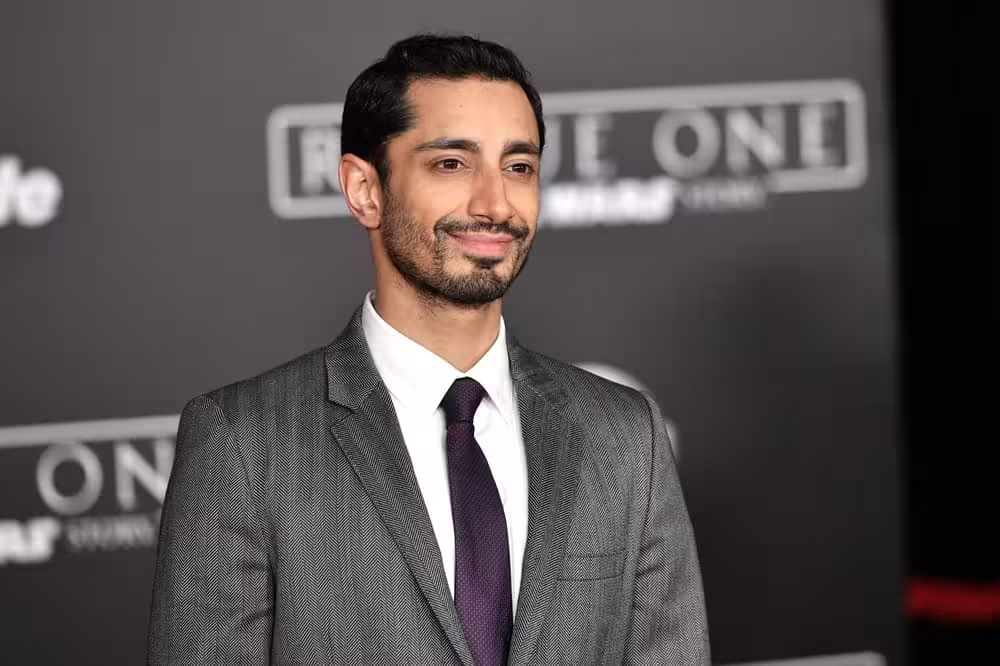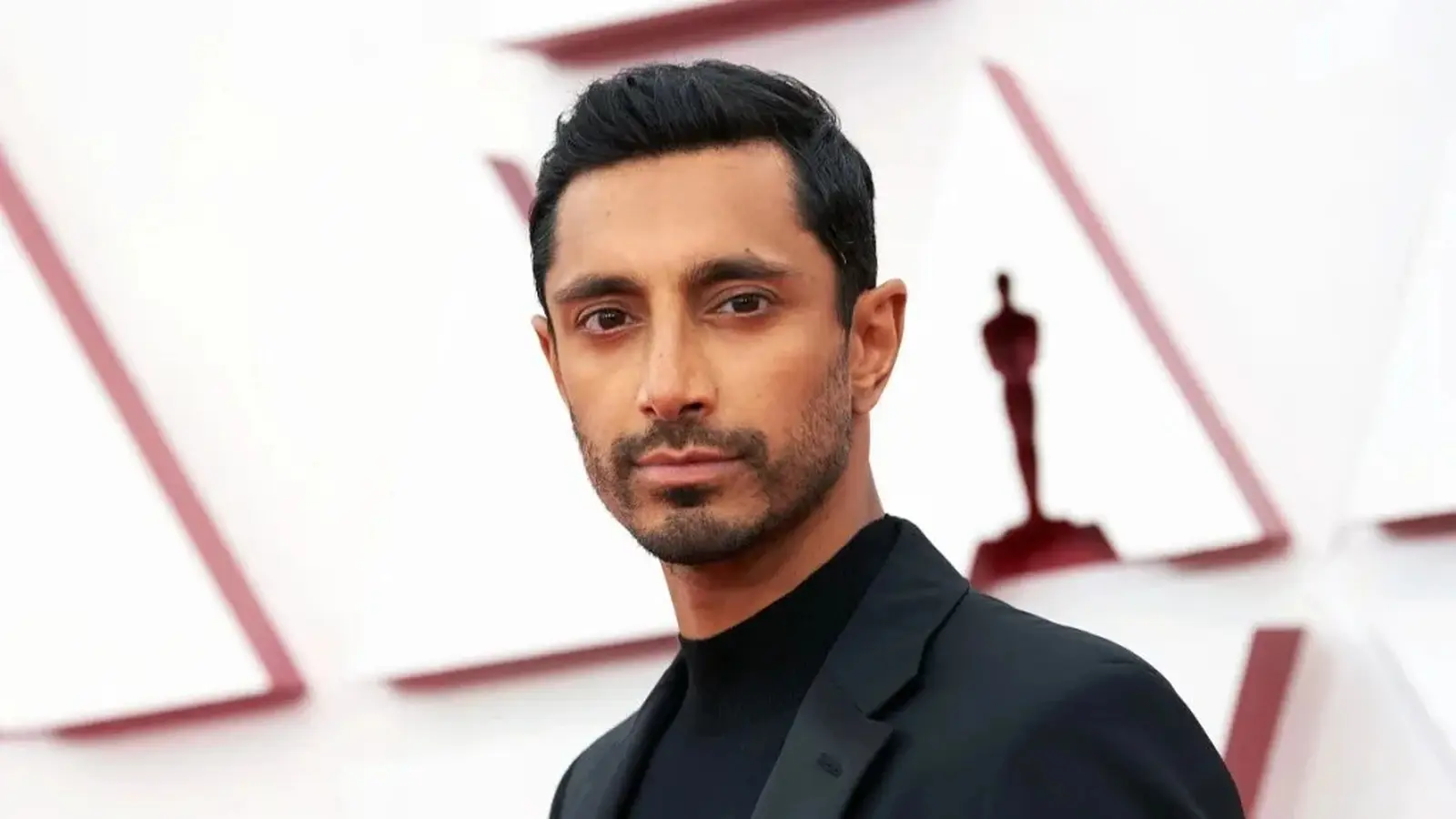5 Minutes
From Star Wars sets to personal reckoning
Riz Ahmed recently opened up about a serious health scare that struck while he was filming Rogue One: A Star Wars Story — an episode of physical collapse and hospitalization that he now says changed the way he approaches roles and storytelling. Speaking on the Podcrushed podcast, Ahmed described an "intense" and "prolonged" medical episode that left him exhausted, briefly hospitalized, and forced to rebuild his physical strength from the ground up. The experience, he says, helped him connect deeply with the material for 2019’s Sound of Metal and informed a creative trajectory that continues through his latest projects, including Relay and an audacious reimagining of Hamlet debuting at Telluride.
When the body refuses to cooperate
Ahmed’s account is candid: the illness was sudden, recovery slow, and at moments he feared he might never get his life back. He described a mix of grief, fear and — paradoxically — gratitude and acceptance. "When you’re brought to your knees, you’re halfway towards praying," he reflected, pointing to the way vulnerability made him more acutely aware of what he had. That theme — losing control, then gaining perspective — underpins much of Ahmed’s most lauded work.
How illness informed Sound of Metal
The emotional truth of Ahmed’s own fragility led him to the script for Sound of Metal, in which he plays a drummer confronting sudden deafness. Reading the screenplay, he said he recognized that need to tell a story that would help him make sense of his own experience. The film’s acclaim — an Academy Award nomination for Ahmed and praise for its sensitive portrayal of hearing loss — also reflects a broader industry trend toward immersive preparation and authentic collaboration with communities being represented.
Authenticity and the modern actor
Sound of Metal stands as an example of how personal trauma and painstaking research can combine to create an immersive performance. Ahmed’s commitment — learning drumming technique and working with deaf consultants to respect lived experiences — echoes a larger movement in cinema toward authenticity, whether through method preparation or by involving real-world communities in storytelling decisions.

Context: where this sits in modern cinema
Ahmed’s arc — from blockbuster supporting role to intimate, awards-caliber lead — mirrors a modern pattern: established screen actors using mainstream visibility to pursue riskier, character-driven films. Comparisons are natural: like actors such as Joaquin Phoenix or Daniel Day-Lewis, Ahmed channels personal intensity into roles that require deep emotional excavation. At the same time, Sound of Metal’s respectful treatment of disability has influenced subsequent productions to prioritize accurate representation, from casting to sound design.
Behind the scenes & fan reception
Fans and critics praised Ahmed’s raw, lived-in performance in Sound of Metal; the film’s sound design and collaborative approach with the deaf community were singled out in reviews. Meanwhile, viewers who first noticed Ahmed in The Night Of and later in Rogue One have followed his shift into more challenging dramatic territory — a trajectory that now includes Relay, opposite Lily James, and a modern Hamlet set in London that premiered at Telluride.
"Ahmed’s candid revelation reframes how we read his performances," says cinema historian Marko Jensen. "When an actor brings real, physical vulnerability into a role, the screen performance acquires a different kind of truth. It forces audiences to reconsider spectacle versus intimacy in contemporary film."
Critical perspective and what it means for his career
Ahmed’s story highlights two industry tensions: the physical demands of large-scale productions and the appetite for smaller, risk-taking films that reward authenticity. His trajectory suggests a sustainable model for actors who balance franchise visibility with deeply personal projects. Critics have noted that his willingness to expose vulnerability — on screen and off — has elevated his work and broadened his audience.
Conclusion: more than a revelation
Riz Ahmed’s hospitalization during Rogue One was more than a private health episode; it became a catalyst for artistic growth and an example of how personal crisis can inform powerful storytelling. As he moves between mainstream thrillers like Relay and experimental reinterpretations like Hamlet, Ahmed’s career underscores a contemporary cinema that prizes authenticity, representation and emotional courage. For film lovers, his journey is a reminder that sometimes the most compelling performances are rooted in the actor’s own confrontation with fragility and resilience.
Source: deadline



Leave a Comment